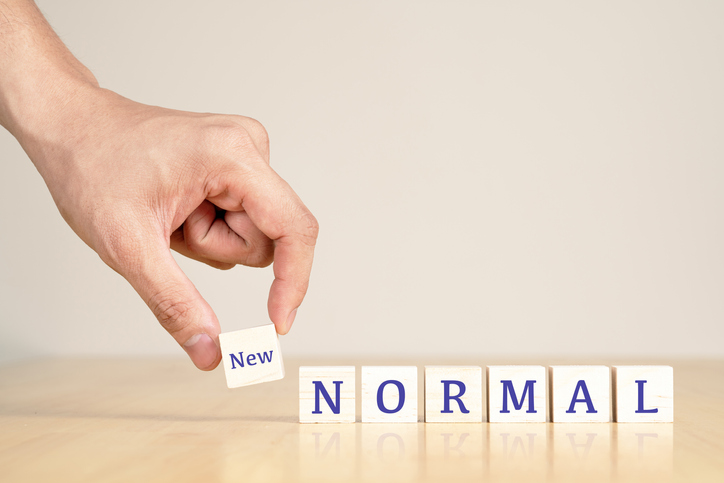The last year of living through the Covid-19 pandemic, has been one of the most emotionally distressing years in many of our lifetimes. A recent study stated that “It’s arguably the first of its kind since World War Two, and likely the first of its severity in your lifetime.” I don’t think there is anyone who can claim they’ve been unaffected by the last year and a half in our world. So now, as the level of concern around COVID-19 is decreasing internationally and our world is slowly re-opening, we might ask ourselves the question, “How do we emotionally heal from this and re-enter society?” Here are a few reflective questions or thoughts that might be helpful to consider:
- Have you talked to anyone about your COVID experience or losses? Many of us have not spoken about our COVID experience to anyone, or even acknowledged with words how it has changed our personal world. Mental health clinicians believe that talking about hard experiences has the power to both decrease the negative emotions around that experience as well as allow your psyche to accept the circumstances you’ve been through. Although therapy is a useful way to do this, you might also talk to friends or family about the losses or changes you’ve had as a result of Covid. Journaling is another way to “talk” about feelings on paper, which can be a useful way to consider the different areas your life has been affected by COVID.
- Consider re-entering gradually. It’s normal to have some level of anxiety while considering re-entering society – how will you attend non-masked social events, vacations or even work or school? If this feels like a stretch emotionally, consider adding in activities slowly or in measured amounts. For example, you might limit the number of activities you rejoin in a given time period, or limit the amount of time you spend at a given event.
- Re-entering differently. Some of us may find that our school or work may look entirely different moving forward. Virtual meetings or employment may be here to stay, or may be a bigger part of our lives than ever before. School may be asynchronous, hybrid, in-person, or both moving forward. We may find we have more choices to make regarding how much we want to be home versus in the office or at school. We also might feel differently about how much we expose ourselves to others physically- do we want to hug others again? Shake hands? Maybe we will be quicker to stay home from activities when we have cold symptoms. Some or all of these sentiments may be questions we need to answer as we re-enter society.
- Have there been any gains from this experience? As a therapist and individual, I find it useful to regularly practice gratitude. I believe that even from the hardest circumstances, there is typically some type of good that comes from the struggle. For example, did you value the increased time you might have had with family during Covid and would like to continue that more moving forward? Were there friendships you had more time to foster during Covid that you now treasure? Did you pick up any new hobbies or interests or find that you spend more time outdoors than you ever have before? Being grateful for these changes and bringing them into your re-entry process, can be a congruent way to both reflect on, heal, and re-enter your world post-COVID.
Resources used:
https://www.bbc.com/future/article/20210203-after-the-covid-19-pandemic-how-will-we-heal

